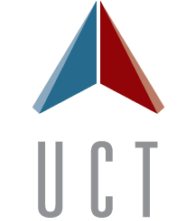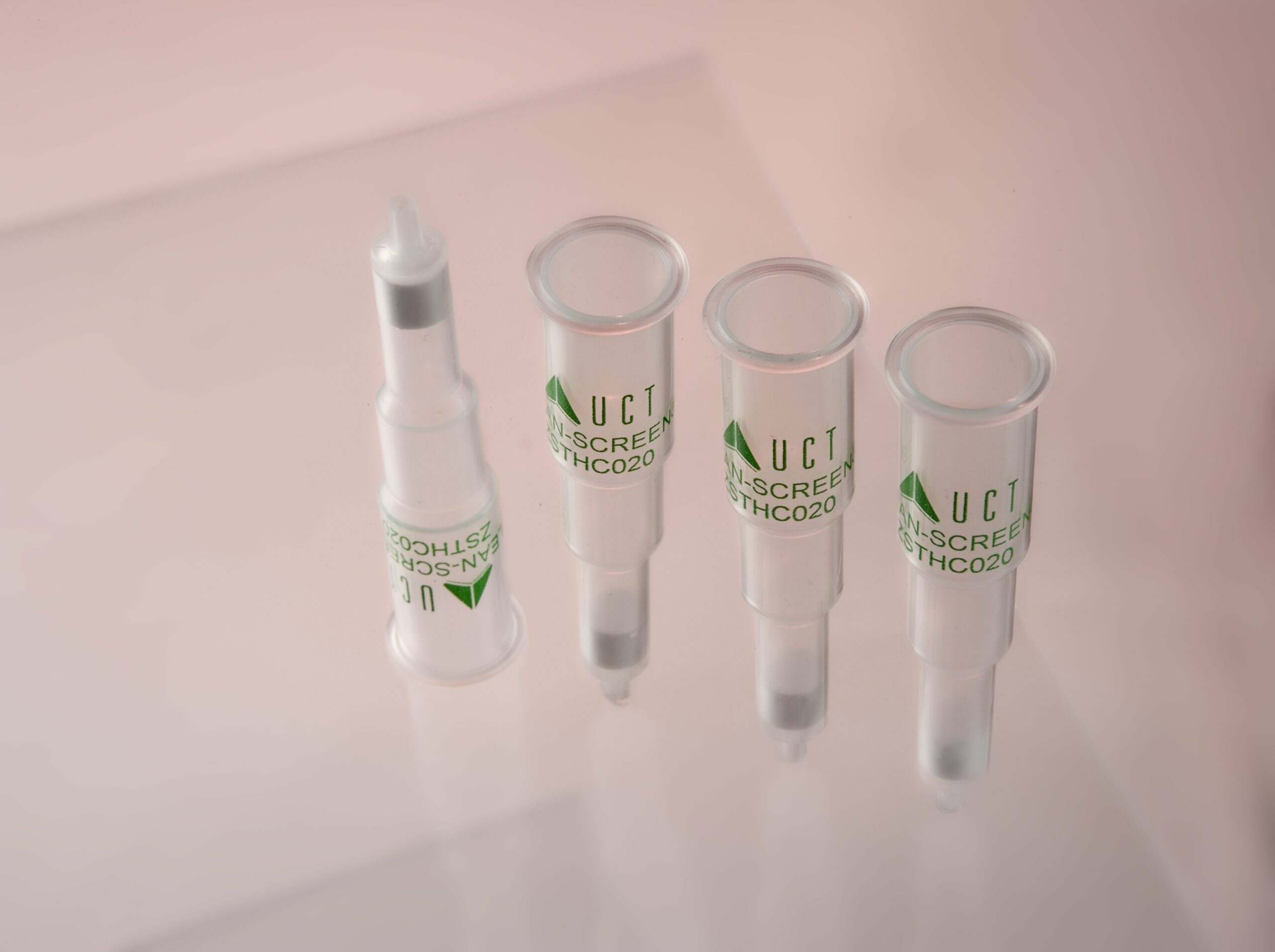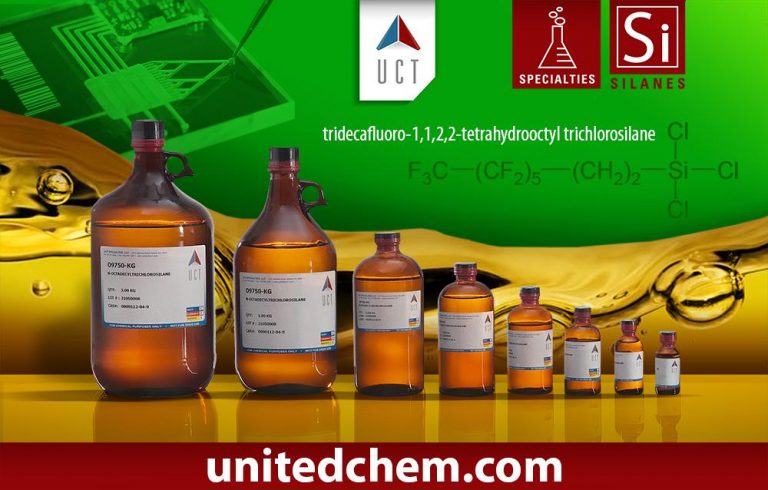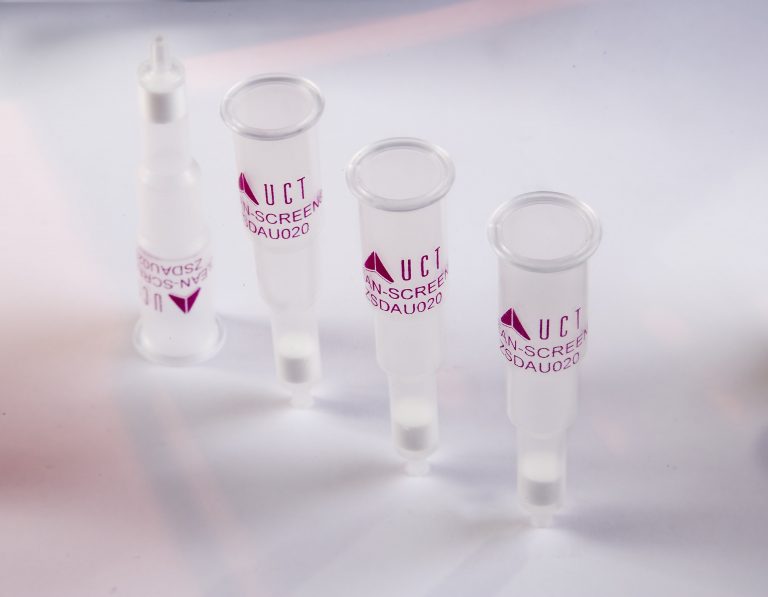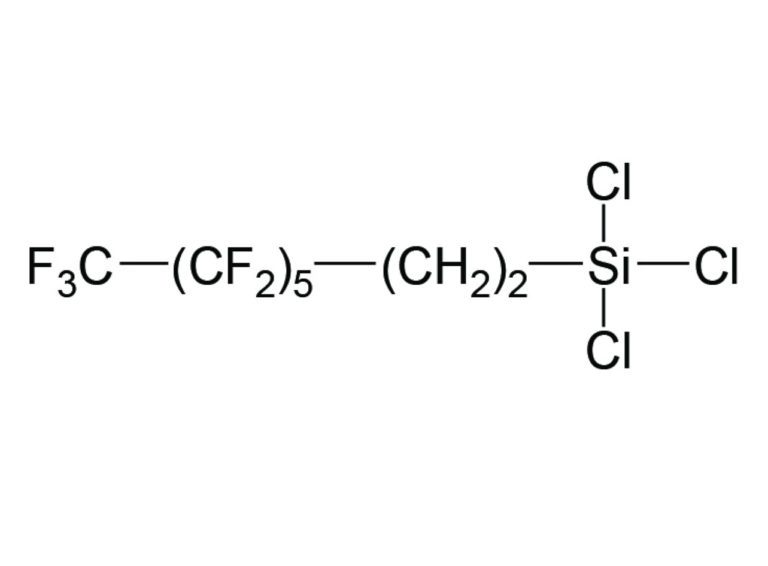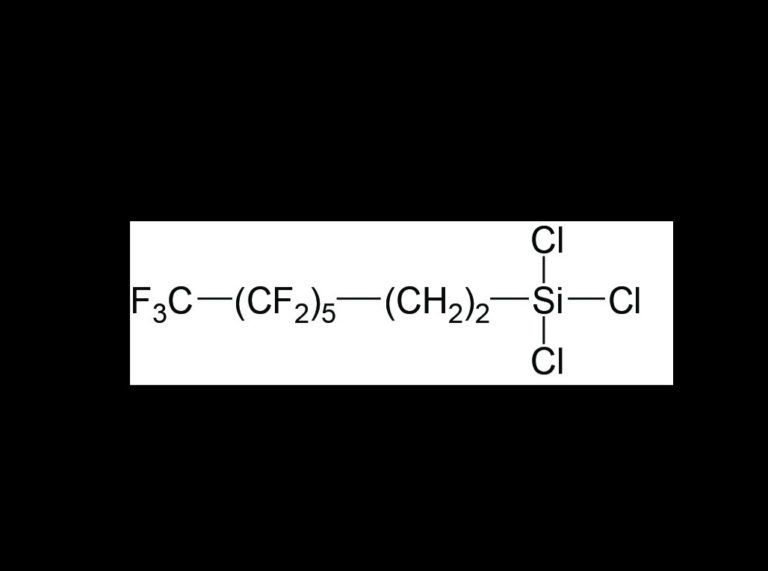UCT Clean Screen® THC Column Cited in Post Mortem Study
Marijuana, known for its euphoric and relaxing properties, continues to be the most commonly abused illicit drug globally. While the substance has numerous desirable affects like those noted above, long-term use has been shown to result in impaired memory, cognitive skills and psychomotor function through the psychoactive properties of tetrahydrocannabinol (THC) and its hydroxylated metabolite (THC-OH). UCT has been at the forefront of the analysis and quantification of THC and THC-OH in biological fluids through the use of the Clean Screen® THC sorbent and extraction column.
In a new study by SundayR. Saenz et al., published in Journal of Analytical Toxicology (doi: 10.1093/jat/bkx033 ), the distribution of THC,THC-OH and the carboxy metabolite (THC-COOH) was evaluated in postmortem fluid and tissue specimens obtained from 11 fatal aviation accident cases over a one year time period. These cases had previously been found positive for cannabinoids. Samples included blood, urine, vitreous humor, liver, lung, kidney, spleen, muscle, brain, heart and bile. The Federal Aviation Administration’s Civil Aerospace Medical Institute (FAAMI) developed and validated a sensitive and robust method that employed Clean® Screen THC cartridges and LC-MS/MS to identify and quantify THC, THC-OH and THC-COOH in the above mentioned postmortem fluids and tissues. The method readily identified and quantified these cannabinoids below 1ng/mL. Qualitative cannabinoid results within each case were comparable between blood and non-blood specimens; however, the authors found that there was no consistent distribution of the cannabinoids between blood and any other fluids or tissues.
This important study demonstrates that when forensic toxicologists require reliable sorbents capable of extracting cannabinoids from complex matrices, UCT’s Clean Screen THC is their first choice.
